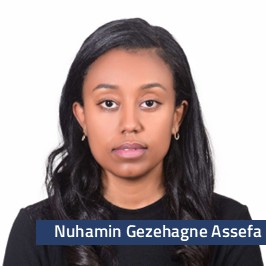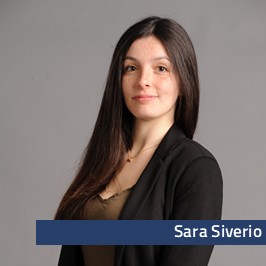Urban Planning and Mobility
Teaching activities
The study program is characterized by an in-depth exploration of the following specialized topics, as well as the potential deepening of aspects concerning basic theories and techniques to be identified for each student together with the tutor to complement the preparation already possessed by the doctoral candidate. The comprehensive structure of the friendly city, advanced use of geographic information systems to support the analysis of urban and territorial systems, accessibility to public space in urban and rural areas, urban planning and risk mitigation, non-motorized mobility (pedestrian and cycling), ex-ante evaluation of forecasts in territorial planning and governance processes, infrastructure design in the landscape, road classification and management of urban areas with specific functions, traffic calming and European regulations, upgrading of road intersections in urban spaces.
Research activities
This curriculum, in addition to the research activities previously reported for all curricula, is characterized by the active participation of the doctoral candidate in ongoing research projects within the scientific communities concerning the city and territory.
The main research topics of interest are:
- esigning a safe city and territory;
- Soft mobility in the city and territory;
- Macro and micro environmental resources;
- Mobility models and optimization;
- Spatial planning and mobility;
- The theme of mobility as a living dimension;
- Timing issues in the city.
Academic Disciplines
CEAR-03/B (formerly ICAR/05) – Transportation
CEAR-10/A (formerly ICAR/17) – Drawing
CEAR-12/A (formerly ICAR/20) – Urban and Regional Planning
CEAR-12/B (formerly ICAR/21) – Urban and Landscape Planning
CEAR-03/C (formerly ICAR/22) – Real Estate Appraisal
Main Advisor
Prof. Michela Tiboni
Program Assistant
Prof. Michéle Pezzagno
Current PhD Students
List of international publications of DICACIM PhDs limited to the three-year period following the title
- Surname, N., Surname, N., (year). Title, accepted for Publication in Journal.










